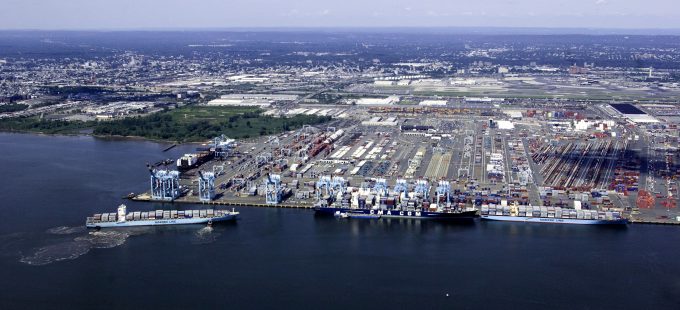Maersk warns of delays in Rotterdam after port workers' strike
Maersk has advised that, following a strike at Hutchison Port Delta II in Rotterdam on ...

Negotiations between US east coast port employers and their employees over a new master contract appear to have been put on ice again, after employer association USMX issued a statement that suggested talks had broken down over automation.
“Over the last two days, USMX met with ...

Comment on this article